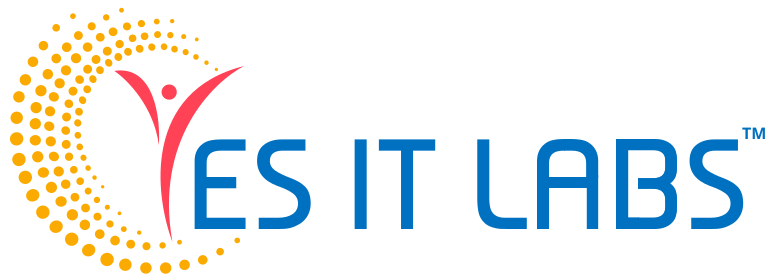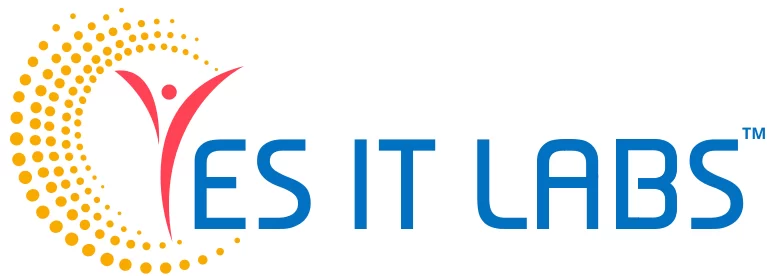Introductions
Are you ready to embark on a journey through the mesmerizing world of 3D graphics in game development? If you’ve ever played a video game and marveled at its stunning visuals, chances are it was powered by Unity Technologies. Unity has been at the forefront of the gaming industry, empowering developers to create immersive and visually captivating gaming experiences. In this blog, we’ll delve into the role of Unity Technologies in revolutionizing the game development landscape and how you can harness its power by hiring a Unity game developer.
The Unity Revolution
Unity Technologies, founded in 2004, has grown to become a household name among game developers. What sets Unity apart is its versatility – it caters to both beginners and seasoned developers, offering tools for 2D, 3D, augmented reality (AR), virtual reality (VR), and mixed reality (MR) experiences. Unity’s robust platform brings game developers the tools they need to turn their creative visions into reality.
A Playground for Creativity
Unity is all about unleashing your creative genius. With a user-friendly interface, it empowers developers to build and experiment with 3D graphics. The Unity Asset Store provides a treasure trove of 3D models, textures, and scripts, reducing the need for developers to start from scratch. It’s like having an artist’s palette at your fingertips, allowing you to focus on the artistry of game design.
Cross-Platform Magic
One of Unity’s most significant advantages is its ability to export games to multiple platforms seamlessly. Whether you’re targeting PCs, consoles, mobile devices, or even the web, Unity simplifies the process. This not only broadens your potential audience but also saves development time and resources.
Unmatched Realism
Unity’s powerful rendering engine ensures that 3D graphics in games look breathtakingly realistic. From intricate character designs to the smallest environmental details, Unity doesn’t compromise on quality. It brings virtual worlds to life with dynamic lighting, physics simulations, and post-processing effects.
The Unity Developer: Your Game-Changer
Now that you’re familiar with the wonders of Unity Technologies, the next step is finding the right Unity game developer to make your gaming dreams come true. A Unity developer is the magician behind the curtain, the one who takes your vision and turns it into a tangible gaming experience.
Why Hire a Unity Developer?
- Expertise: Unity developers are well-versed in Unity’s ecosystem and 3D graphics, enabling them to bring your game to life with precision.
- Efficiency: They know the Unity platform inside out, which means quicker development, fewer bugs, and smoother gameplay.
- Customization: A skilled Unity developer can tailor your game to your specific needs, whether it’s creating unique 3D assets, designing immersive environments, or implementing complex gameplay mechanics.
- Troubleshooting: When things go awry, Unity developers are equipped to identify and fix issues efficiently, ensuring your game runs smoothly.
- Innovation: Unity developers are often early adopters of new technologies, enabling them to incorporate the latest trends like ray tracing, AI, or haptic feedback into your game for an enhanced player experience.
How to Hire a Unity Developer
Finding the right Unity developer for your project is crucial. Here are some steps to help you hire the perfect fit:
- Define Your Project: Clearly outline your project’s scope, objectives, and budget.
- Search Platforms: Explore freelancing platforms, job boards, or game development communities to find experienced Unity developers.
- Review Portfolios: Examine their previous work and ensure it aligns with your project’s requirements.
- Interview Candidates: Talk to potential developers to assess their expertise, communication skills, and enthusiasm for your project.
- Test Skills: Consider assigning a small test project or task to gauge their abilities and dedication.
- Check References: Reach out to their previous clients to get insights into their work ethic and professionalism.
Final Thoughts
Unity Technologies has opened up a world of possibilities for game developers, making 3D graphics more accessible and impressive than ever before. Whether you’re a game development enthusiast or a business looking to create the next big hit, Unity, along with a skilled Unity developer, is your ticket to success.
So, if you’re ready to take your gaming project to the next level, don’t hesitate to hire Unity developer. With Unity Technologies at your side, there’s no limit to the immersive and visually stunning worlds you can create for players to explore and enjoy.















